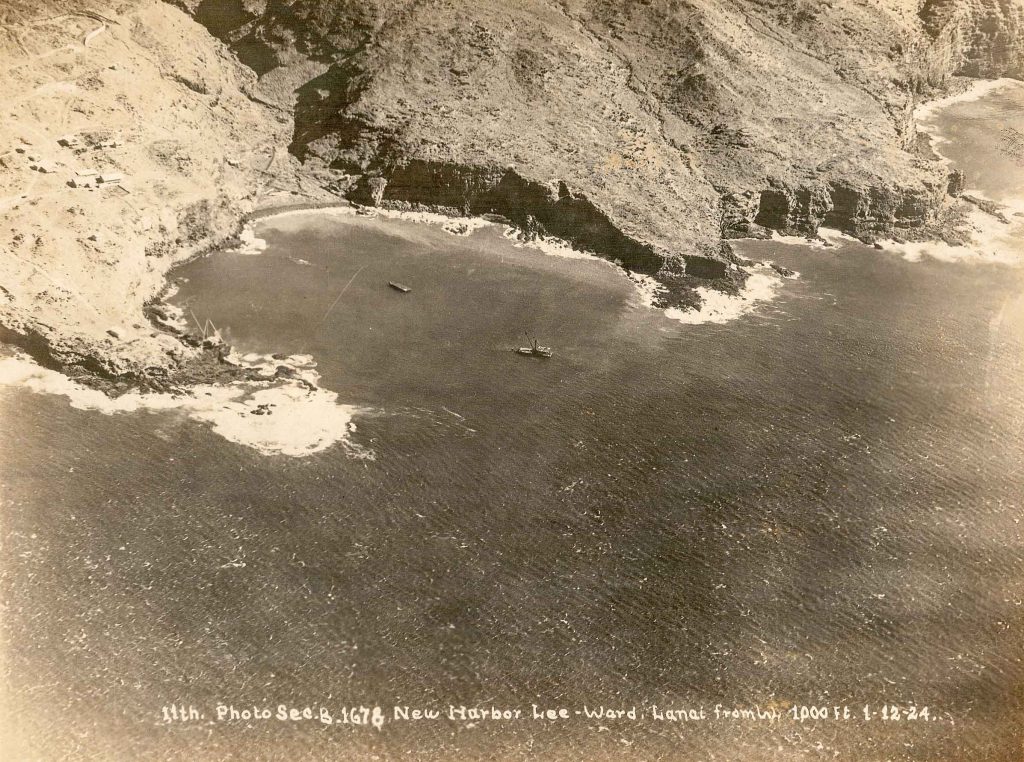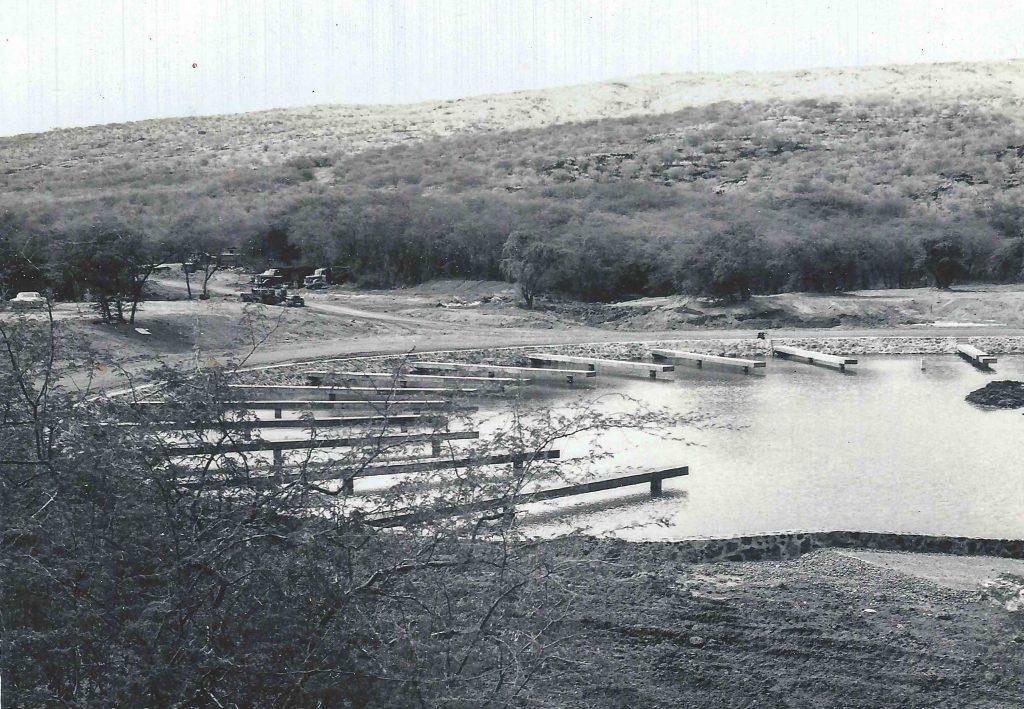Virtual exhibit launches about Lānaʻi and its changing landscape
The Lānaʻi Culture & Heritage Center has launched a virtual audio and visual exhibit that takes visitors on a journey to explore Lānaʻi’s past as a way to better understand the island of today.
“From Mauka to Makai: Changing Landscapes on Lānaʻi” is an exhibit that can be accessed through Virtual Exhibits at LanaiCHC.org or through this link.
The web exhibit shares photographs and audio of Lānaʻi’s special places. Visitors will learn about Kō‘ele’s evolution and how grazing animals changed the landscape of Lāna‘i.
The exhibit also shares how the pineapple industry shaped the island after James Dole purchased Lānaʻi in 1922. Lānaʻi City was developed and Kaumālapaʻu Harbor was constructed as nearly 20,000 acres of land were dedicated to tropical fruit. Noteworthy places such as Mānele, Hulopoʻe and Keōmoku are highlighted with information about their ancient roots and modern uses.
“This exhibit showcases the ever-evolving and dynamic relationship between people and place,” said Lānaʻi Culture & Heritage Center Executive Director Shelly Preza, whose lineage on the island can be traced for centuries. “We hope this exhibit creates a dialogue between past and present in order to create an informed, bright future for Lānaʻi.”
Lānaʻi has changed much in modern history. Houses have come and gone at Keōmoku and Kaumālapaʻu, while places like Mānele Harbor and Lānaʻi City have continued to develop. The common thread amongst all these places is our honuaola – the biocultural landscape.
Unfortunately, environmental degradation of our land and seas has been a constant for the past two centuries. Introduced animals including deer and mouflon sheep continue to ravage the landscape. Native plants exist in pockets amongst invasive plant species, which grow out of control.
Industries such as ranching and pineapple production have contributed to the deterioration of natural environment, but restoration efforts persist. Lānaʻi Culture & Heritage Center is dedicated to ensuring the island is cared for so that future generations can enjoy a thriving landscape and community.
Lānaʻi Culture & Heritage Center aims to expand its archive and welcomes historic or family photographs. This exhibit is part of the center’s archival program and ongoing digitization efforts to preserve and protect its history. Support for this exhibit is provided by the Hawaiʻi Tourism Authority through the Community Enrichment program.
Sponsored Content
Comments

















_1770333123096.webp)


